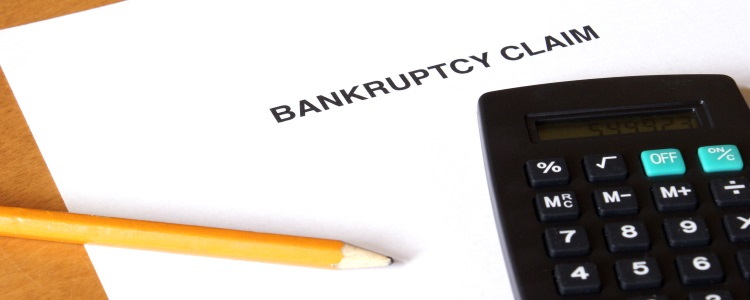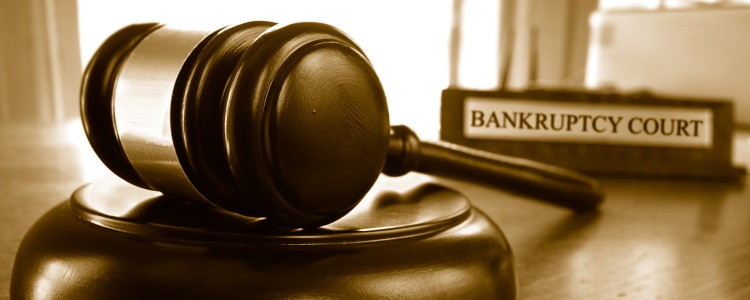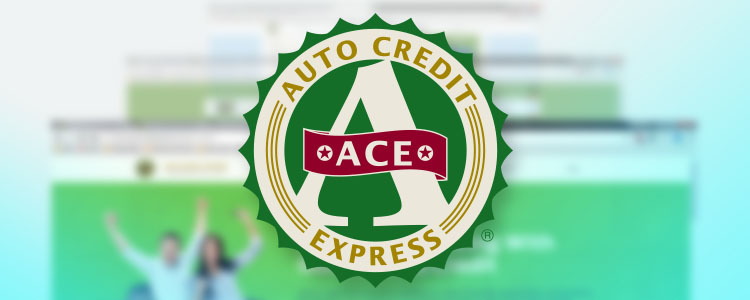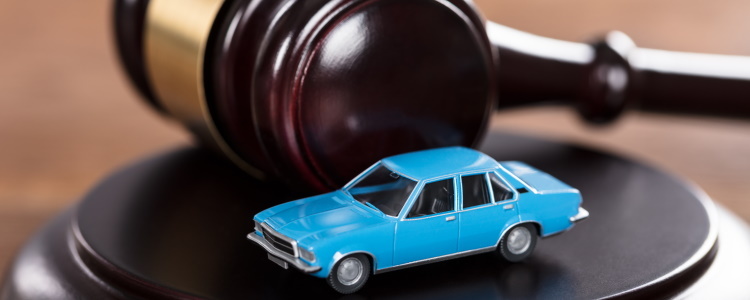If you’re considering filing for bankruptcy, one of your two options is a Chapter 7 bankruptcy. A Chapter 7 is the most common type of bankruptcy, and you may be wondering what the qualifications for filing are. The good news is qualifying for a Chapter 7 is fairly straightforward, but the bad news is you may lose some property or possessions.
Is it a Good Idea to File a Chapter 7 Bankruptcy?
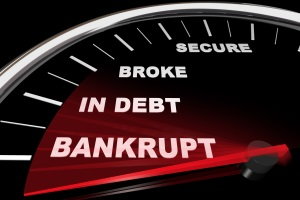 A Chapter 7 bankruptcy is a liquidation bankruptcy, meaning it requires the sale of any secured property, such as a house or car, above the exemption threshold in order to pay back your creditors. The process of filing and completing the bankruptcy generally takes three to six months before it’s discharged, which is a lot shorter compared to the three or five years of a Chapter 13 bankruptcy. Most banks or lenders are going to wait until you’ve been discharged before letting you buy or lease a vehicle after Chapter 7, so getting discharged sooner also puts you back on the road sooner.
A Chapter 7 bankruptcy is a liquidation bankruptcy, meaning it requires the sale of any secured property, such as a house or car, above the exemption threshold in order to pay back your creditors. The process of filing and completing the bankruptcy generally takes three to six months before it’s discharged, which is a lot shorter compared to the three or five years of a Chapter 13 bankruptcy. Most banks or lenders are going to wait until you’ve been discharged before letting you buy or lease a vehicle after Chapter 7, so getting discharged sooner also puts you back on the road sooner.
Whether or not it’s a good idea to file a Chapter 7 depends on your current situation. Ideally, people who are unemployed, have a lower income, or have little to no assets in their name can benefit from filing a Chapter 7. You should also be aware that a Chapter 7 bankruptcy stays on your credit reports for up to 10 years from the date you file, and lowers your credit score – although the impact it has on your credit score lessens with time.
How to Qualify for a Chapter 7 Bankruptcy
In order to qualify for a Chapter 7 bankruptcy you're required to take a “means test.” This test determines whether or not your income is low enough to file a Chapter 7 bankruptcy, although the amount varies by state. Specifically, if your household income is higher than your state’s median income for a household of that same size, you aren’t going to qualify.
Then, according to the legal experts at Nolo.com, the means test deducts specific monthly expenses, such as a mortgage or car payment, from your current monthly income to find your disposable income. The lower your disposable income, the more likely you are to qualify for a Chapter 7 bankruptcy.
Once you pass the means test, the court steps in to determine whether or not you can file a Chapter 7. They look at two forms: Schedule I: Your Income, and Schedule J: Your Expenses. If the court finds that you have enough money to repay creditors after deducting your actual monthly expenses from your current monthly income, you may need to convert from a Chapter 7 to a Chapter 13. If you don’t have the money, you can file for a Chapter 7 bankruptcy.
The Bottom Line
Filing for bankruptcy should be a last resort option. Recovering from a Chapter 7 can take a long time and hurt your credit score. Most lenders want to help you avoid repossession and filing for bankruptcy, and are willing to help if you reach out to them before it’s too late. If you’re worried about not making a payment on time, talk to your lender ahead of time.
However, things happen, and sometimes filing for bankruptcy is the only option. If you recently filed for bankruptcy, or received a bankruptcy discharge, and need to finance a vehicle, let Auto Credit Express help. We work with dealers all around the US in order to make it easier for consumers to find financing. Let us connect you with a special finance dealership near you for free. Simply submit our online car loan request form to get the process started right now.

